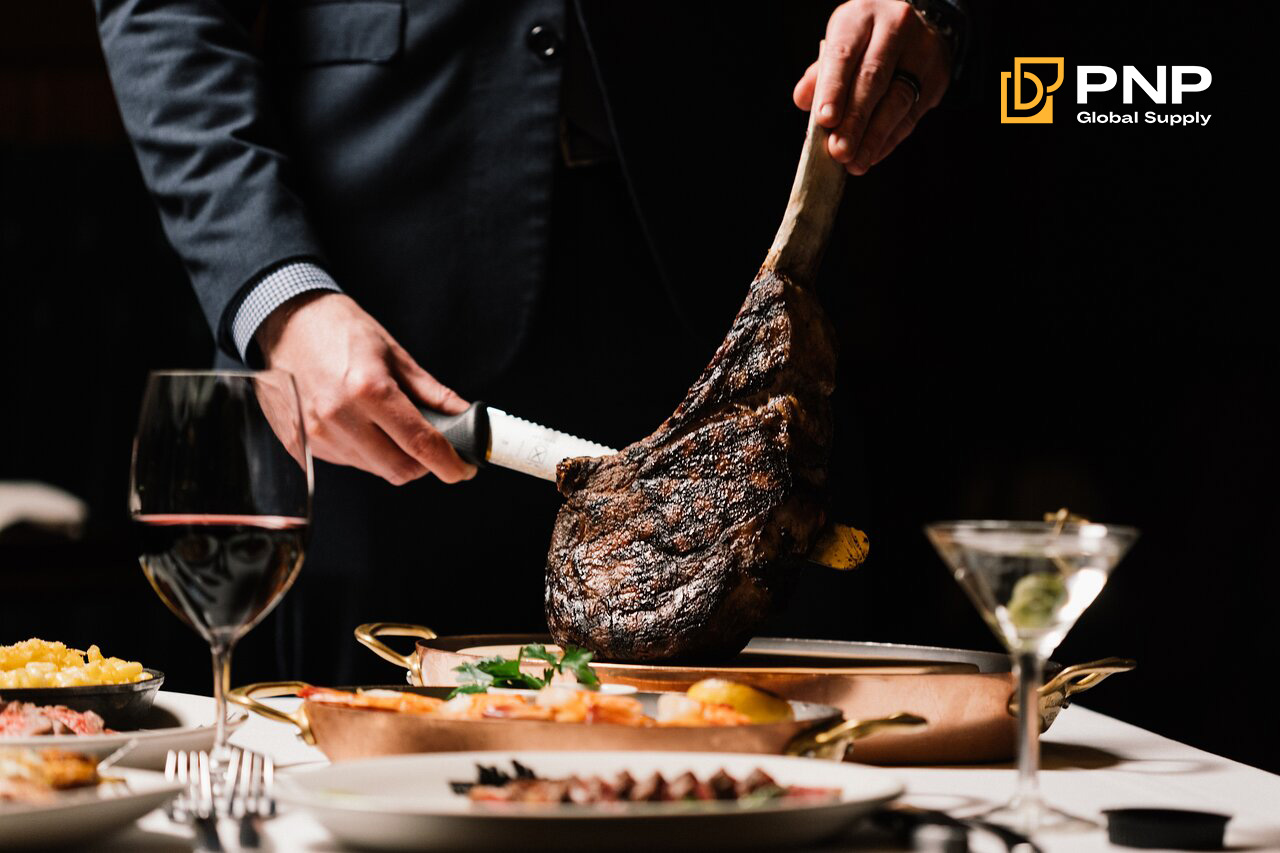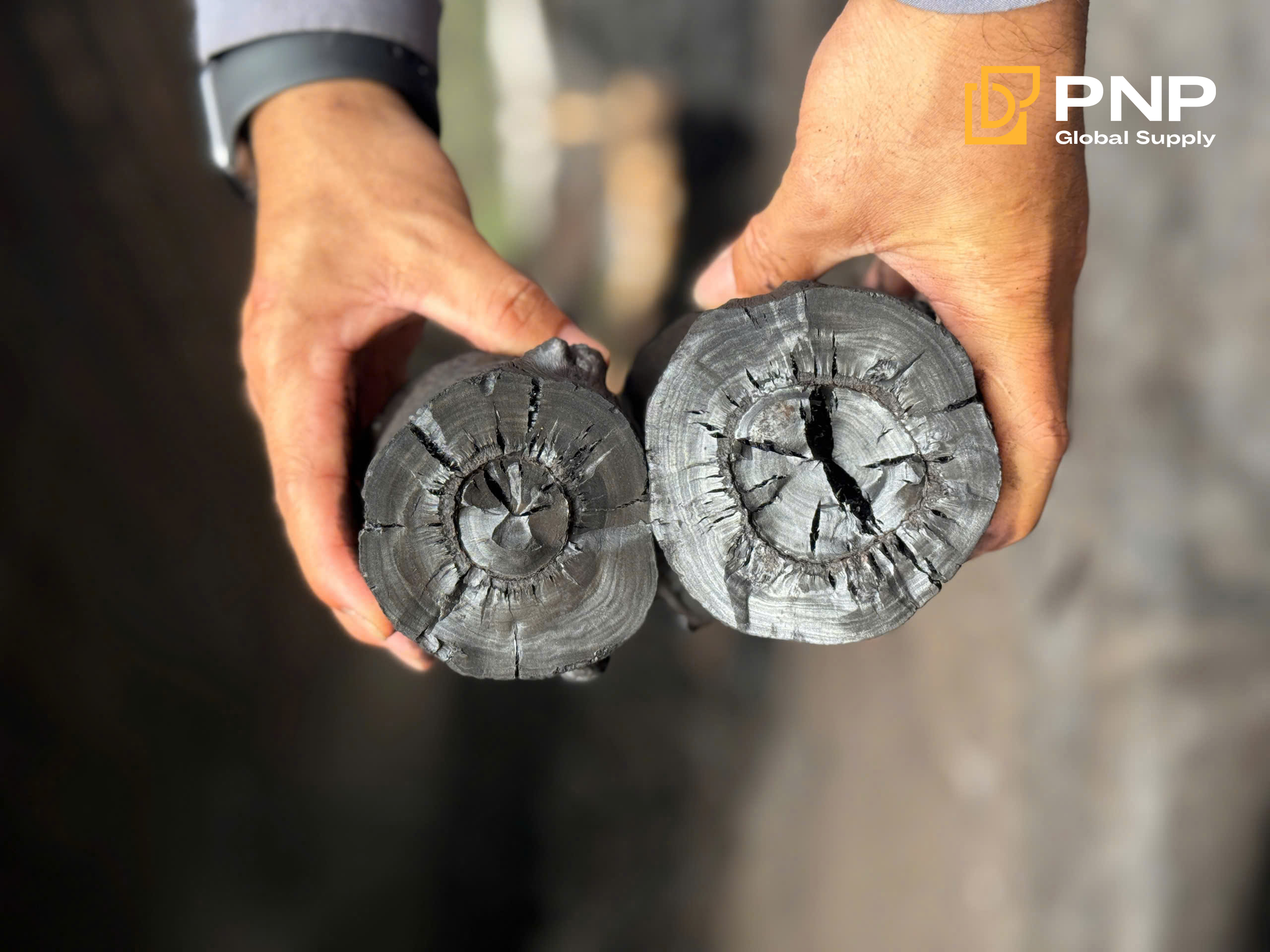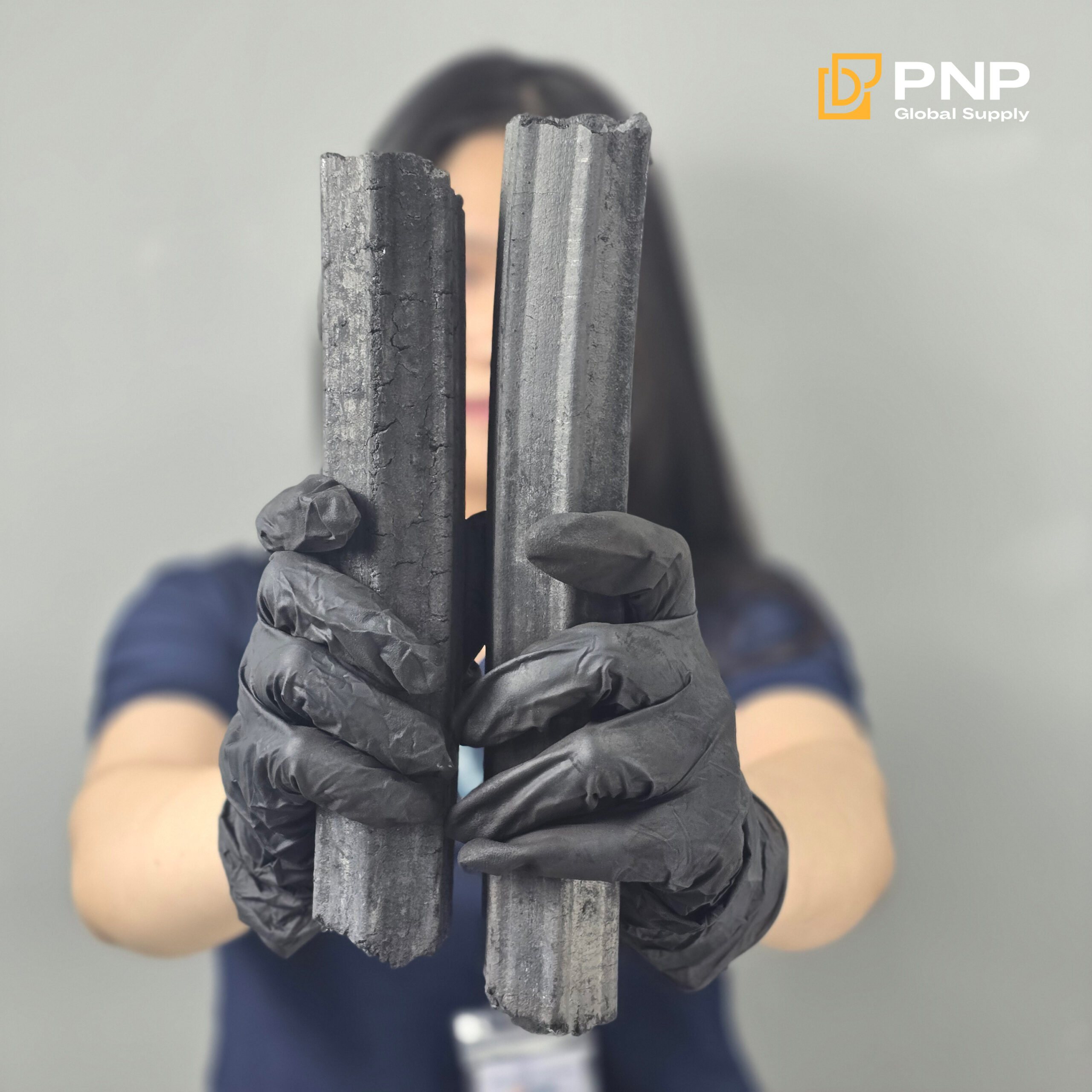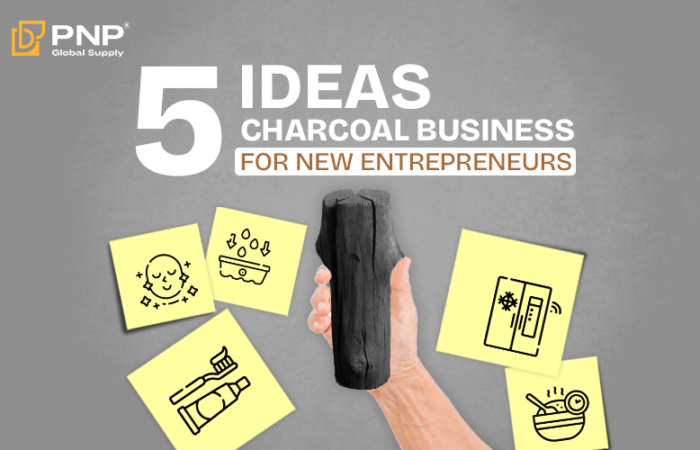Choosing the right charcoal for restaurant use is an important decision that can greatly influence the quality of food, kitchen workflow, and overall dining experience. In the restaurant business, charcoal is not just a fuel but a critical factor that shapes flavor profiles, cooking times, and customer satisfaction. With many options available in the market, knowing the types of charcoal and understanding which charcoal is best suited for your restaurant can help you make an informed choice and optimize your grilling process.

The Importance of Selecting the Right Charcoal in Restaurant Kitchens
Restaurants that rely on grilling need charcoal that delivers consistent heat, produces minimal ash, and imparts the desired smoky flavor. Using inferior or unsuitable charcoal can result in uneven cooking, excessive smoke, or off-flavors that affect the reputation of your business. Many chefs emphasize that the charcoal type directly affects the taste of grilled meat, seafood, or vegetables, as well as the atmosphere in the dining area. For example, some charcoals produce heavy smoke and odors that may not be pleasant indoors or in open kitchen layouts. Therefore, it is essential to select charcoal not only based on price but also on performance and environmental considerations.
Overview of Common Types of Charcoal Suitable for Restaurants
When talking about charcoal for restaurant applications, there are mainly two broad categories: lumpwood charcoal and charcoal briquettes. Beyond these, there are several specialized forms such as natural charcoal briquettes, premium white charcoal, and sustainable coconut shell charcoal.
Lumpwood Charcoal – The Natural Choice
Among the many types of charcoal available today, lumpwood charcoal continues to be a popular and trusted option for professional kitchens. This natural form of charcoal is produced by slowly burning hardwood logs in a low-oxygen environment, leaving behind lightweight, carbon-rich pieces. Its appeal lies in the high heat it delivers and the rich, smoky flavor it imparts to food—characteristics highly valued by chefs aiming to offer an authentic grilled experience. For restaurants that focus on traditional BBQ techniques, flame-seared steaks, or open-fire cooking, lumpwood charcoal provides an excellent foundation. Many consider it one of the best charcoal choices for enhancing flavor without any chemical interference.
To address these operational needs while maintaining quality, many restaurant owners turn to bulk wood charcoal export options that offer higher performance and consistency. Imported hardwood charcoals like Eucalyptus charcoal, Longan charcoal, and Coffee charcoal have emerged as excellent choices in the food service industry. These tropical hardwood-based charcoals are known for their high carbon content, long burn time, and stable heat, which are especially beneficial in professional kitchen settings where reliability is key.
Eucalyptus charcoal is well-regarded for its quick ignition, low smoke output, and affordability, making it ideal for casual restaurants and buffet BBQ concepts. Longan charcoal, on the other hand, is a premium-grade fuel, favored by grill masters for its dense texture, extended burning capacity, and distinct mild aroma that complements meats without overpowering them. Meanwhile, Coffee charcoal, a relatively newer entrant in the market, is gaining recognition for its clean-burning nature and impressive heat performance. Derived from recycled coffee wood, it aligns well with eco-conscious restaurant branding while still delivering a professional grilling standard.
Moreover, selecting high-quality natural charcoal from trusted exporters allows restaurants to maintain flavor integrity while meeting operational demands.

Charcoal Briquettes – Consistent and Long-lasting
For restaurants with high-volume grilling or buffet-style service, briquette BBQ charcoal often becomes the preferred choice due to its consistent shape, stable heat output, and extended burn time. Briquettes are produced by compressing finely ground charcoal powder, often from hardwood or biomass waste, with natural binders such as starch. This manufacturing process results in uniform pieces that make temperature control significantly easier than with irregular lumpwood charcoal. In busy kitchens, this translates to less time spent adjusting the fire and more predictable cooking results. Restaurants benefit from reliable performance and less frequent refueling, which helps reduce labor, save time, and increase kitchen efficiency during peak hours.
Among the many types of briquettes available, sawdust charcoal and coconut shell charcoal stand out as particularly suitable for restaurant use. Sawdust charcoal, made from compressed sawdust waste, offers steady heat and low smoke production, making it a practical option for indoor grilling or semi-open kitchen designs. Its density allows it to burn longer than conventional lumpwood, and the clean combustion makes it suitable for both meat and vegetable dishes. Restaurants that emphasize consistency over high-heat performance often choose sawdust briquettes to maintain a smooth workflow and minimize interruptions during service.
Coconut shell charcoal is another excellent briquette-type option that combines performance with sustainability. Produced from discarded coconut shells, this natural charcoal burns hotter and longer than many wood-based briquettes, all while producing minimal ash and virtually no odor. For restaurants looking to align their brand with eco-conscious values, coconut charcoal is a compelling choice. It is especially popular in Middle Eastern, Korean, and Japanese grill restaurants where high heat and clean burning are essential. In addition, coconut shell charcoal is ideal for seafood or premium meat cuts where a neutral, non-intrusive smoke profile is preferred.
Together, these briquette types—whether from sawdust, coconut shells, or mixed hardwood powder—offer restaurant owners a reliable and scalable fuel solution. Their performance in large grills, especially in buffet or chain restaurants, ensures that food is cooked evenly, the grilling process remains clean, and operational costs stay under control. For those sourcing from charcoal for restaurant suppliers, it’s worth considering both sawdust charcoal and coconut charcoal as high-efficiency, restaurant-grade options that meet both practical and branding needs.

Binchotan (White Charcoal) – Premium and Specialized
White charcoal, also known as Binchotan, is considered one of the most premium charcoal types in the market. Applied with Japanese technology, Binchotan delivers the best grilling experiences due to its smokeless and odorless feature. In the restaurant world, Binchotan is synonymous with fine dining Japanese grill experiences, such as yakitori and robatayaki, where subtle smoky flavor and precise temperature control are paramount.
One of the key advantages of white charcoal is its long burning time, which allows it to be reused. Restaurants can save leftover white charcoal after grilling, carefully store it, and then revive it for the next use. This practice helps reduce overall charcoal consumption and significantly cuts down on fuel costs, making white charcoal not only a premium choice but also a cost-effective and sustainable option for high-volume grilling operations.
White charcoal is a premium type of charcoal used for restaurant grilling
PNP Charcoal offers a wide range of high-quality charcoal products tailored for restaurants. With top-tier product standards and reliable service, we are confident in delivering satisfaction to every customer.
Visit our website: pnpcharcoal.com to explore the best charcoal options for your needs!
How to Decide Which Charcoal is Best for Your Restaurant
Deciding on the best charcoal depends largely on the restaurant’s style, cooking methods, and budget considerations.
- For restaurants focused on authentic grilling with intense flavor, lumpwood charcoal or natural lumpwood briquettes usually work best.
- For establishments requiring consistent heat over longer periods, such as buffet-style BBQ or catering, briquettes or natural briquettes provide stability and convenience.
- If the restaurant prioritizes sustainability and low environmental impact, coconut shell charcoal offers a renewable, cleaner-burning solution.
- Fine dining Japanese or specialty restaurants often opt for Binchotan to provide subtle heat and almost smoke-free grilling.
Besides flavor and burn characteristics, factors like ash residue, ease of storage, and supplier reliability also influence the decision. It is important for restaurants to test different charcoal types under real kitchen conditions and train staff on fire management for optimal results.
After reading the article above, if you’ve chosen the right type of charcoal for your restaurant but are still unsure about how to import it, be sure to check out the following article: How to Import White Charcoal from Vietnam?
Conclusion
Choosing the right charcoal for restaurant use is more than a simple purchasing decision; it’s a strategic choice that impacts flavor, cooking efficiency, and customer experience. Understanding the strengths and weaknesses of types of charcoal such as lumpwood charcoal, briquette BBQ, natural charcoal, Binchotan, and coconut shell charcoal empowers restaurant owners and chefs to select the fuel that best matches their culinary style, operational needs, and brand values.
Whether you are running a casual BBQ joint or a high-end grill restaurant, investing in the right charcoal ensures your food is cooked to perfection and your kitchen runs smoothly. If you need assistance sourcing quality charcoal or advice on charcoal export options, professional suppliers can offer tailored solutions to help your restaurant thrive.
________________________________
Contact us for more information
Facebook: PNP Charcoal
Instagram: PNP Charcoal
Email: info@pnpglobalsupply.com




